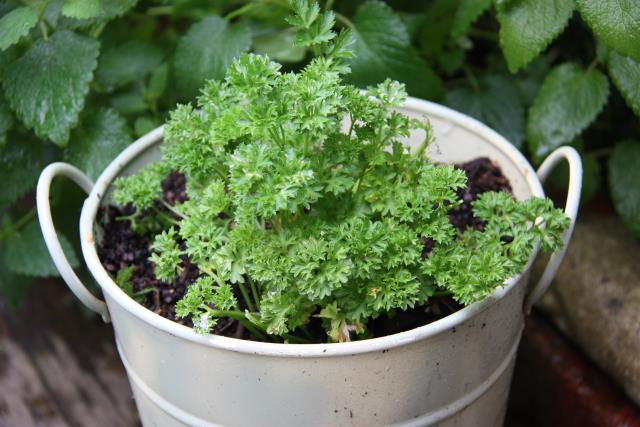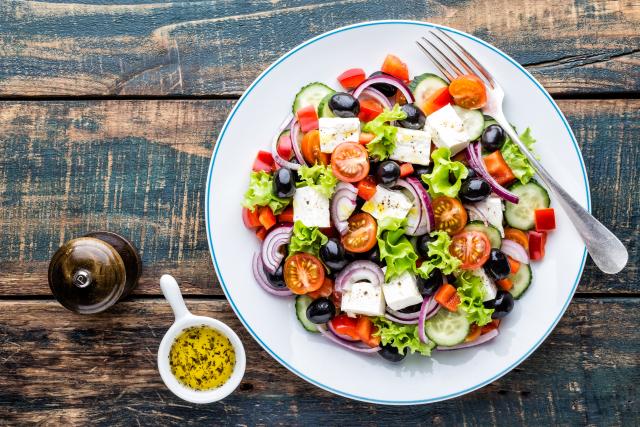The end-of-year holiday period can be heaps of fun – an opportunity to catch up with friends and family and generally celebrate the good things in life.
But it can also turn into a time of stress, exhaustion and sadness.
However, there are ways to manage the different demands at this very busy time of year. Here is our handy guide to taking care of your mental health as 2024 ends and 2025 begins.
Don’t be afraid to say no
From work functions to family gatherings, the holiday period can be full of invitations and expectations. Opportunities to catch up with colleagues, friends or relatives can quickly turn into a packed social schedule.
When the prospect of a get-together makes you feel more worried than excited, then it’s probably time to gently decline the invitation.
Pace yourself
It can be good to realise that you have invitations to lots of different occasions in a short period of time – but it can be exhausting to accept them all!
It’s important to protect your energy reserves and your privacy during this period. Think carefully about which invitations to accept. Make sure you schedule some rest time between events. If you’re tired and grumpy, neither you nor anyone else will enjoy themselves.
Be kind
When talking to friends and family about holiday season commitments, using polite and considerate language just makes everything flow more smoothly.
Declining an invitation to a party can feel challenging – we may feel pressure to please others – but doing so gently and firmly makes the process much easier.
Practice self-care
What do you like to do to relax? Perhaps you like to go swimming, or ride a bicycle, or read a book, or do yoga. It’s important to make sure you quarantine time for yourself. Everything works better when you’re rested and refreshed.
Watch your wallet
At this time of year it is very easy to spend lots of money, and run up hefty credit card bills. Buying presents for people we care for can make us feel good and fulfilled – but that feeling can turn to sadness and resentment if we drain our bank accounts to do so.
It’s a cliché, but it’s not the cost of the gift that counts – it’s the thought.
Manage your expectations
Sometimes, with the best will in the world, things don’t go as planned. Trains run late. Cars break down. You can wake up feeling poorly – or just more tired than you expected.
Sometimes you’re going to disappoint others, or disappoint yourself. And you know what? It doesn’t matter. Forgive yourself. Let go of the idea of perfection. Enjoy the moments that happen, and forget about the ones that don’t.
Not all family moments are happy moments
The holiday period can be a time of big family gatherings. For some this can be an occasion for joy and togetherness. For others, though, it can be a time of friction and argument.
Some family members may hold views with which you disagree. Is a big reunion the right time to mount a challenge, or is it better to simply avoid the subject?
Your mental and physical health are more important than once-a-year family obligations. Don’t be afraid to turn down invitations if the thought of attending doesn’t fill you with joy.
A chicken is not a vegetable
Family feasts and end-of-year work dinners can be stressful for people with dietary restrictions. What you choose to eat is no one’s business but your own.
Take time before each event to gently let hosts know of your food needs. You’re not being picky or fussy – you’re being true to yourself.
Remember, not everyone has a family
This time of year is full of family catch-ups, but not everyone is connected.
For some members of your community, this can be a time of loneliness and isolation. Perhaps think about reaching out and checking in on your acquaintances, making sure they are okay.
Reach out when you need to
At this time of year, it’s not unusual to feel lonely or sad. Friends and family can sometimes provide help – but sometimes too it’s good to reach out to others.
Head To Health is a free national service that can help you find the help you need, in the right place at the right time. Dedicated mental health counsellors will talk with you and link you with the most appropriate service to provide you with support and care.
You can make contact through the website – headtohealth.gov. au — or make a free call on 1800 595 212 between 8.30am – 5pm weekdays (except public holidays).
If it’s urgent, here’s what to do:
Head to Health is not a crisis or emergency service. For urgent support, call Lifeline on 13 11 14 or Suicide Call Back Service on 1300 659 467. If you need immediate help or are at risk of harm to yourself or others, call 000.
This article was provided by North Western Melbourne Primary Health Network.







